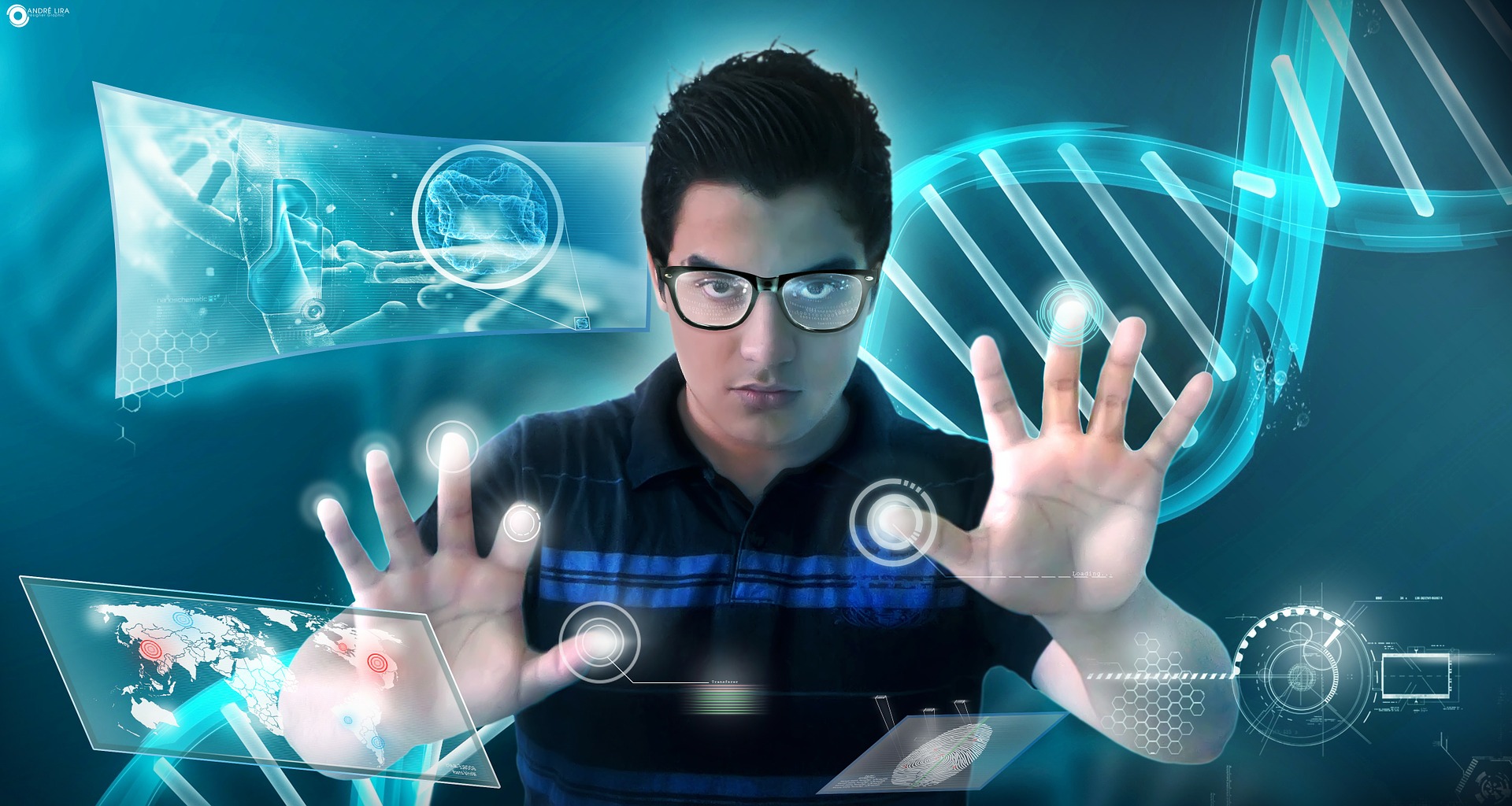Aggregated News

Attempts to distill the essence of “selfhood” have occupied philosophers for centuries. Consensus has been fleeting at best, but is likely to get even harder as genetic tools allow us to tweak our bodies and potentially our minds.
DNA-based technology’s entry into the mainstream has been picking up lately. Just last week, the FDA approved a genetic testing kit from Californian company 23andMe that lets customers find out how their genes could contribute to their chances of developing 10 diseases or passing them on to their children.
For the time being, this is where this technology is primarily directed—forewarning those whose DNA conspires against them. But rapid advances mean it is becoming increasingly feasible to go further and start editing out this defective code, either using gene therapies or editing genes in the embryo.
As the authors of an essay in Science last week noted, the imperative to help those afflicted by genetic disease could be causing us to ignore the significance of what it means to tinker with our genetic makeup.
“The urgency to rebuild ourselves following disease and...



